What to expect when calling 9-1-1
When dialing 9-1-1, be prepared to answer our four critical questions, follow any instructions that are provided, and do not hang up until you are instructed to do so.
The 9-1-1 telecommunicators also provide life-saving guidance over the phone before first responders arrive.
Information on who is involved in the incident is needed for responders. The telecommunicator may need descriptions or additional information on victims, suspects, or witnesses.
9-1-1
Preparedness
Be ready to provide detailed information to the telecommunicator. The more details the caller can share, the faster the telecommunicator can pinpoint the caller’s location.
We are trained and ready to assist, regardless of if the caller does not speak English or is deaf, hard of hearing, or speech impaired.
Please visit our Kids Corner for educational materials and resources.
If you dial 9-1-1, even by accident, do not hang up, this could make 9-1-1 telecommunicators think an emergency exists and possibly send first responders to your location. Instead, stay on the line and explain to the telecommunicators what happened. The 9-1-1 telecommunicator will determine if a response is needed.
When you call 9-1-1, always assume the 9-1-1 telecommunicator does not know where you are. Even if your landline or cell phone are able to provide location information, you may have to provide the telecommunicator with additional location information.
If you are unsure of your location, look for landmarks, buildings, street signs, or paperwork nearby that may contain address information. Telecommunicators also have multiple tools they can utilize to help try and determine a caller’s location.
The 9-1-1 telecommunications system is set up to automatically detect telecommunications device for the deaf (TDD) calls. Each telecommunicator at the RCOG has been trained on the proper use of a TDD. You can also connect to us by utilizing Text to 9-1-1 or the Telecommunications Relay Service (TTY) by dialing 7-1-1.
Telecommunicators utilize an interpretation service and will connect with an interpreter once the language spoken is identified. The interpreter will remain on the line throughout the call to relay information between the caller and the 9-1-1 telecommunicator. Over-the-phone interpreter services are available for over 200 languages.
Emergency &
Non-Emergency
9-1-1 is an emergency line reserved for life threatening emergencies, crimes in progress, and any other urgent emergency situation.
For non-emergency situations in Lucas County that require police, fire, or medical, call 419-255-8443.
Call 9-1-1 to report life threatening emergencies, crimes in progress, and other emergency situations that require immediate response.
The 10-digit non-emergency line can be used when you need a non-emergency response for police, fire, or medical. The non-emergency line is 419-255-8443.
Call If You Can: Making a voice call to 9-1-1 is the fastest way to transfer information between the caller and the telecommunicator, resulting in faster communication to responders.
Text If You Can’t Call: Sending a text to 9-1-1 is a good way to report an emergency if a voice call cannot be made. Use plain language and do not send photos, emojis, videos, or .gifs, as those are not currently accepted by our software. Do not send your emergency text as a group message, or to anyone other than 9-1-1. Text must be in English only; language translation services are unavailable at this time.
General Lucas County 9-1-1 FAQs
The Lucas County 911 Regional Council of Governments (RCOG) serves as the singular, consolidated Public Safety Answering Point (PSAP) for Lucas County, Ohio.
Visit our careers page to get more information about this exciting and challenging career!
Each jurisdiction we serve handles their public records requests as it relates to 9-1-1 recordings and records. Contact the appropriate law enforcement, or fire agency directly to make your request.
To request a speaker from 9-1-1 for your event, please visit our request a speaker page and fill out the request form, or call our administrative line at 419-720-0255.
